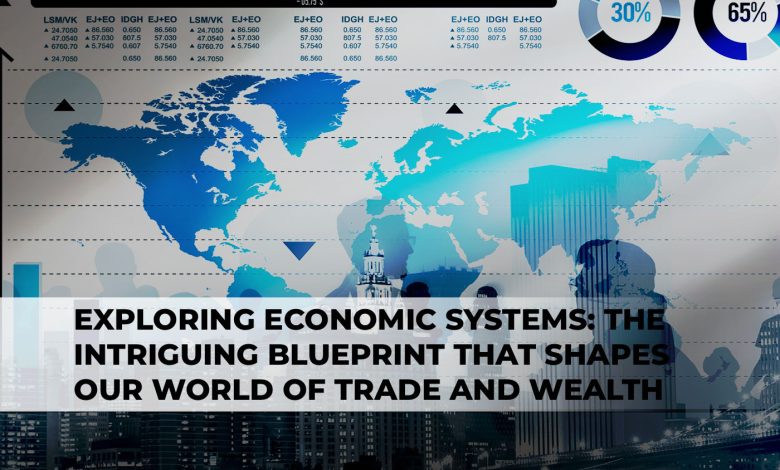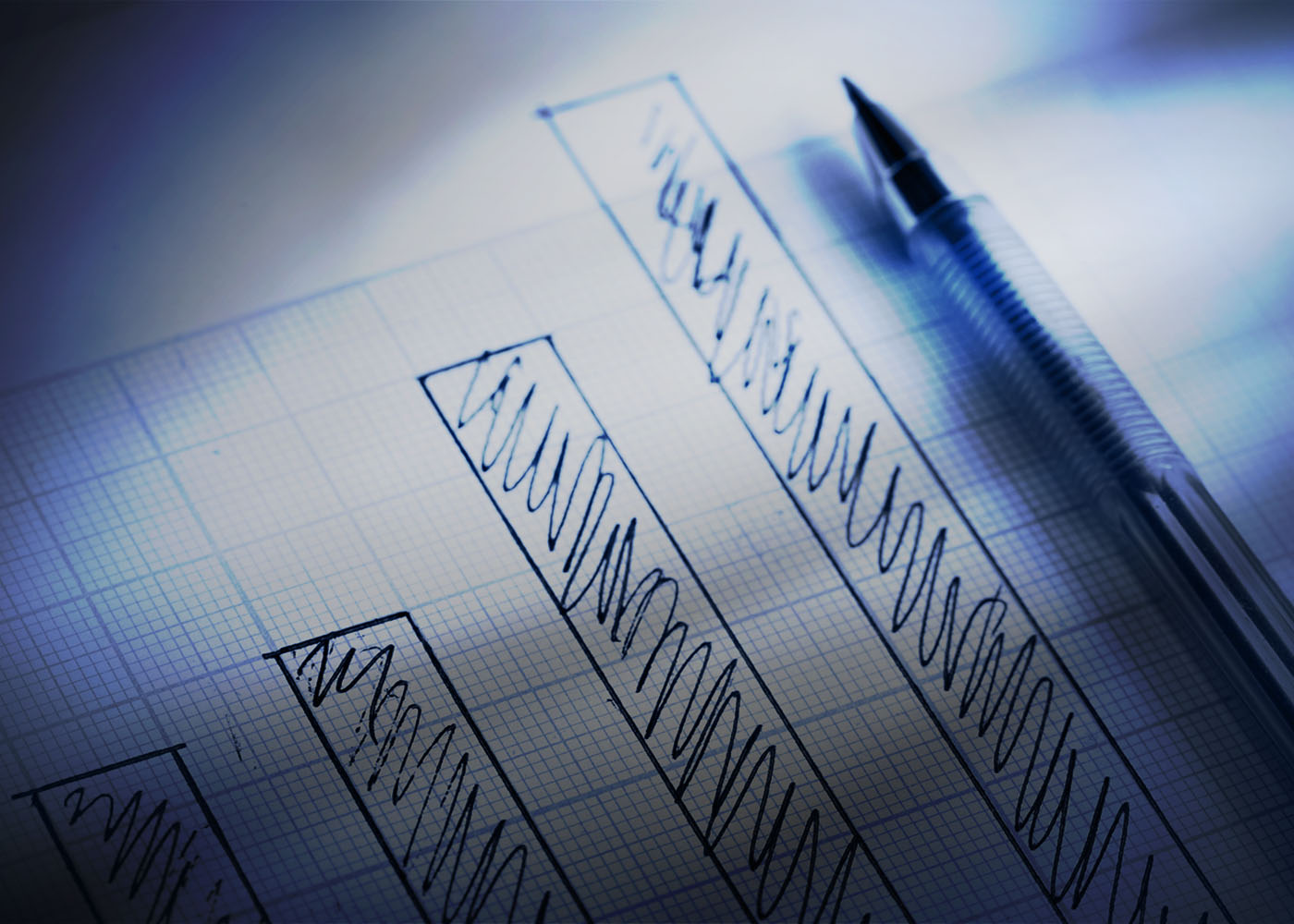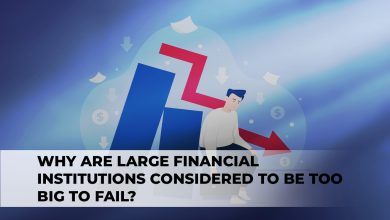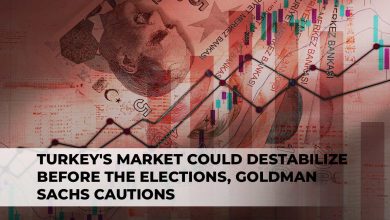
An economic system is a network of organizations, institutions, and individuals that work together to produce, distribute, and consume goods and services. The three main types of economic systems are market, command, and mixed systems.
A market system is characterized by the free interaction of buyers and sellers and the production of goods and services based on consumer demand. Command systems are characterized by central planning and government control, where the state determines what is produced, how it is produced, and for whom it is produced.
Mixed systems combine elements of both market and command systems, where individuals and firms make economic decisions within a framework of government regulation and policy.
An example of a market system is the United States, where businesses compete and consumers have the freedom to choose what they want to buy. An example of a command system is North Korea, where the state controls all aspects of the economy, including what is produced, how it is produced, and who gets it. Finally, an example of a mixed system is China, where the government has significant control over the economy and businesses but also allows for some market elements such as competition and private ownership. Understanding economic systems is critical for policymakers, as different systems have different strengths, weaknesses, and outcomes for individuals, businesses, and society as a whole.

What Are The 3 Main Roles In Any Economic System?
Economic systems regulate the production, allocation, and distribution of resources to meet the needs of society. Any economic system has three primary roles: production, distribution and consumption.
Production is the process of creating goods and services to meet the demands of the society. People with the necessary skills and knowledge convert raw materials into products. Efficient and effective production methods are essential for the smooth running of an economy.
Distribution refers to the allocation of resources among different sectors of the economy. This process encompasses transportation, storage and marketing of products, among others. Inefficient distribution systems can lead to a shortage or excess of goods, resulting in an unstable economy.
Consumption is the final role in any economic system, where individuals and organizations utilize goods and services to meet their needs. The way of distribution and production plays a critical role in determining the consumption habits of individuals as it affects the affordability and availability of goods and services.
These three roles play an essential part in any economic system. An effective and efficient system ensures the allocation of resources that meet the needs of society, optimizing the economic outcome.







